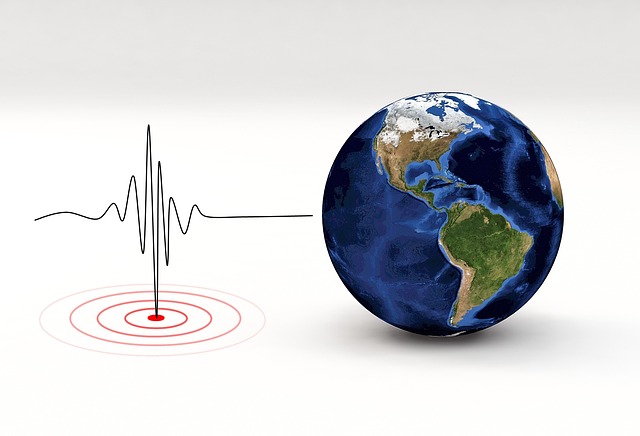Earthquakes are one of nature’s most powerful and mysterious phenomena. They can strike without warning, causing widespread damage and affecting the lives of millions of people. But despite their destructive potential, our understanding of earthquakes remains limited. For centuries, scientists have been working to unlock the secrets of earthquakes, and today, we have a wealth of information about their causes and effects.
What is earthquake?
An earthquake is a sudden and violent shaking of the ground caused by the movement of tectonic plates in the Earth’s crust. Earthquakes can be caused by a variety of geological processes, including the release of built-up stress along faults, the movement of magma in volcanic areas, and the collapse of underground mines.
The Fascinating World of Volcanoes
Why Do Earthquakes Happen?
The Earth’s crust is made up of several large plates that are constantly moving and interacting with one another. When two plates grind against each other, they can get stuck and build up a large amount of stress. Eventually, this stress is released in a sudden movement of the plates, which generates seismic waves that cause the ground to shake. This is what we experience as an earthquake.
Earthquakes can occur anywhere in the world, but they are most commonly associated with plate boundaries. The largest earthquakes are often found along the “Ring of Fire,” a region that circles the Pacific Ocean and is home to many active volcanoes and fault lines.
The intensity of an earthquake is measured on the Richter scale, which ranges from 1 to 10. Earthquakes with a magnitude of 5.0 or greater are considered moderate to strong and can cause significant damage, especially in urban areas. However, even small earthquakes can be destructive if they occur near populated areas or critical infrastructure.
Understanding earthquakes and their causes is an important area of scientific study, as it can help us to better predict and prepare for future earthquakes. This includes improving building codes and earthquake-resistant design, as well as developing early warning systems to give people time to evacuate or take other safety measures in the event of a strong earthquake.
Earthquake prediction
Earthquake prediction is the science of forecasting when and where an earthquake will occur. Despite many years of research and advances in technology, accurately predicting earthquakes remains a challenging and elusive goal. However, while a definitive prediction of the exact time and location of an earthquake is currently not possible, there are several methods and techniques that can provide information on the likelihood of an earthquake occurring in a particular region, as well as on its potential size and impact.
Earthquake Prediction Methods
One of the most widely used methods for earthquake prediction is seismology, which involves studying the patterns of seismic activity in a particular area. Seismologists use data from earthquakes that have already occurred, as well as from ongoing monitoring of ground movement and other geophysical signals, to identify areas where the likelihood of an earthquake is higher. They can also analyze the behavior of rock formations and tectonic plates to better understand the geological factors that contribute to earthquakes.
Another method for earthquake prediction is the use of remote sensing techniques, such as satellite imagery, to detect changes in the Earth’s surface that may indicate the presence of geological stress and strain. This information can be combined with seismological data to provide a more complete picture of the conditions that lead to earthquakes.
It is important to note that while earthquake prediction has come a long way in recent years, it is still an inexact science. Even with the best available data and techniques, the ability to accurately predict earthquakes remains limited. Furthermore, the complex nature of earthquakes means that even small inaccuracies in data or models can have a significant impact on the accuracy of predictions.
Here, you can follow the latest earthquakes

